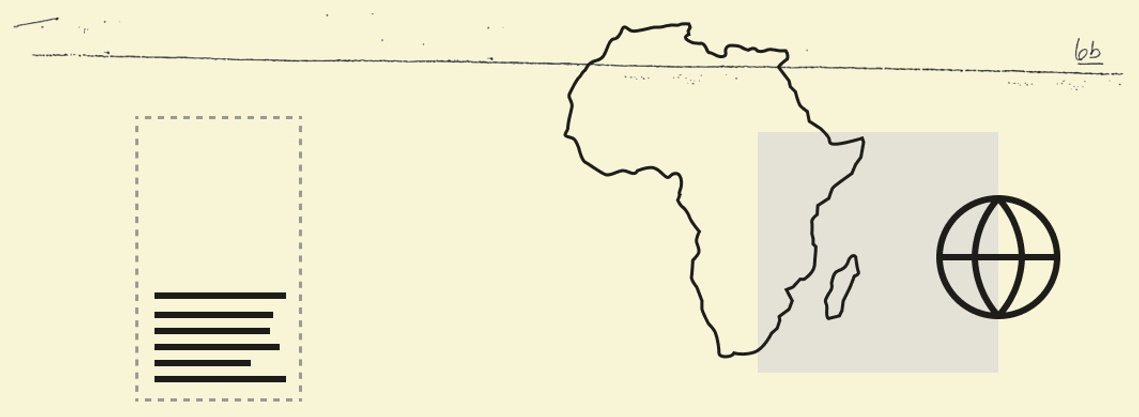 Business & Macro🇿🇲 Zambia is looking to revive its economy by opening new mines and investing in old ones to raise copper production to about 1 million tons by 2026. 🇦🇴 A mystery lender has accused Angola of a sovereign default in new arbitration proceedings, arguing that it is entitled to full repayment of its portion of a loan provided to the country by a group of lenders, the Financial Times reported. Climate & Energy🇰🇪 US President Donald Trump’s plan to increase domestic oil drilling could slow Kenya’s inflation rate should the plan lead to lower global petrol prices, the African country’s central bank governor said. Geopolitics & Policy🇷🇼🇨🇩 M23, a rebel group in DR Congo that the US says is backed by Rwanda, is closing in on the eastern Congolese city of Goma, escalating long-running tensions between the central African neighbors. 🇬🇦 Gabon said it would hold presidential elections on Apr. 12, a move toward reestablishing civilian rule after a 2023 military coup toppled the Bongo dynasty’s decades-long rule. Tech & Deals🇳🇬 The US payment giant Visa invested $10 million in Nigerian fintech startup Moniepoint as both look to boost contactless services on the continent. 🇸🇸 South Sudan suspended access to social media platforms for at least 30 days over online videos that showed alleged killings of nationals in neighboring Sudan. |